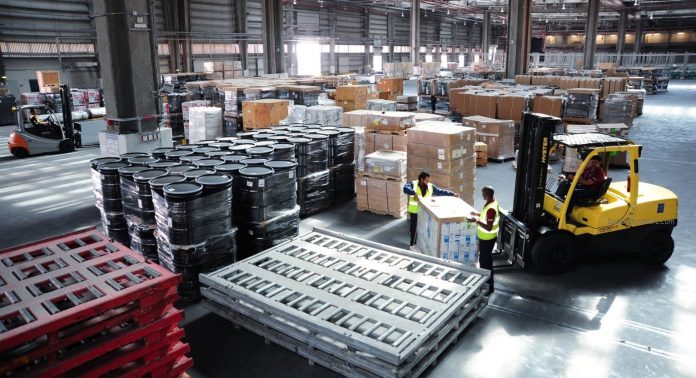
With the lifting of international economic sanctions on Iran, the country’s economy is forecast to grow by at least 5% in 2016 and has the potential to average 8% growth over the next five years, Mohammad Agha Nahavandian, Chief of Staff of the Presidency of the Islamic Republic of Iran, told participants in a special session at the World Economic Forum Annual Meeting 2016. “The immediate result is that Iran will have access to its own reserves and will be able to finance more investment projects with its own capital and welcome international investment in development projects, whether national or regional,” he said.
Iran has quickly shifted from negative to positive growth and brought down inflation from over 35% to 13% today, Nahavandian noted. Iran is focused on improving its business climate through reforms, including the Foreign Investment Promotion and Protection Act (FIPPA), he added. Drawing parallels to the diplomacy that resulted in the nuclear deal, Nahavandian stressed that “in our economic policy we are also looking for win-win solutions.”
“Our global message is that diplomacy works,” added Javad Zarif, Minister of Foreign Affairs of the Islamic Republic of Iran. “That should be a very welcome message that all of us should entertain seriously when it comes to other issues.” While the nuclear deal was not perfect, it preserved Iran’s right to have a nuclear programme for peaceful purposes, Zarif reckoned. “It is a win for all,” he said.
If the US and Iran, which have had tense relations for decades, were able to come together, there should be no impediment to bridging differences between Iran and its neighbours, Zarif added. “It makes it possible for all of us to address the very serious challenge in our region – extremism. It cannot be contained in our region and has spread all across the world.” He asserted: “There is no threat from Iran to its neighbours. Confrontation is in the interests of nobody.”
Answering a question about the situation in Syria, Zarif argued that “there is no military solution to the crisis. There has to be a political solution.” Asked about the coming meeting in the Vatican between Iranian President Hassan Rouhani and Pope Francis, Nahavandian said that “religions of the world can provide the best resource for fighting violence and extremism.”



































